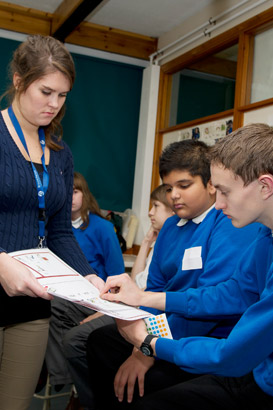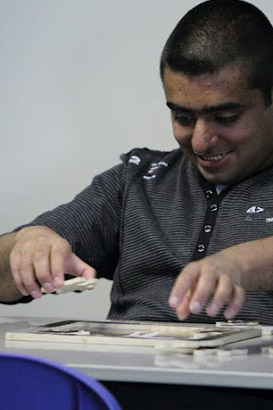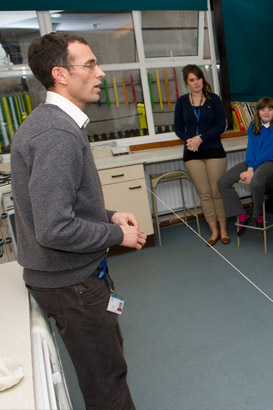
Before starting research it is important to find out what others have said about your research topic. You can save time and avoid making mistakes in your own research by learning from others.
Your reading will tell you:
- What has already been discovered about your topic;
- The ways that other people have thought about the same and related questions;
- The most important findings;
- The ways other people have researched the topic;
- The successes and difficulties in previous research.
It will also help you to define what you mean by the terms you use.
- At this beginning, small scale level, you should aim to read 5-10 articles or chapters in support of your research.
- Talk to others who have experience of research and/or your chosen topic - they will be able to advise you about key ideas and what is important to read.
- Involve others in reading - if you have colleagues working with you on the research, share the reading between you; report back and discuss what you have found out and how this applies to your research.

As an educator carrying out a piece of small-scale, class-based research you will not have the time to read widely. Therefore, choose carefully what you read so it is informative and helpful.
Make sure it is:
- Reputable – written by someone well respected in the area or published by a peer reviewed journal, publisher or reputable disability charity;
- Relevant – applicable to what you want to do;
- Recent/foundational – usually written within the last 5-7 years or acknowledged as important to the field.
Read one well-respected book for first time researchers to help organise your research.
- Relevant professional or charitable organisations; some charities also maintain a library for members.
- The library of your nearest university with an education department may have relevant books and journals; many universities offer conditional access to their libraries for researchers (check with the university library for conditions before visiting).
- Your local library can help you locate relevant books and articles, and will be able to offer access for a small fee using the inter-library loans service.
- The internet - great care should be taken to ensure that all articles and research used are trustworthy.
It is important to explore what is already known before you decide upon the detail of your own project. You may need to change your ideas based on what you have read.
For each piece of reading, write or record a summary of what you have read and how this has affected your research decisions. This could include:
- The focus and key themes for your project.
- New information.
- How you organise your research (eg what information you collect and how you collect it).

Consider what your research adds to what you have read. This could be:
- A new perspective.
- Working with a different group (eg children with SLD/PMLD/CLDD).
- Working in a different setting.

If there is very little available about your specific subject, you may need to expand your search to closely related topics that can inform your study.
For example, if you wanted to research 'best practice use of interactive whiteboards (IWBs) for children with autism and complex learning disabilities', you would find very little about IWBs relating to this exact group of children.
However, you would find more relating to all children with autism, and even more for those with all types of learning disability. You may also benefit from reading some key papers about teaching with IWBs generally.

Look at your draft research question, and make a list of ways the topics could be expanded for reading if necessary.
Identify the different people you know who could advise you about reading in these areas, and ask them for their advice about what to read.
Make a list of their suggestions in order of importance to your topic. Read and make notes about the first one on the list.